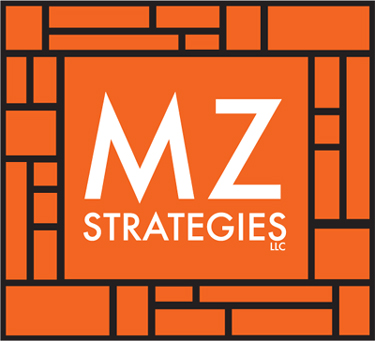Lessons from Fruitvale
Chris Iglesias, CEO of Unity Council, shares the story of Fruitvale Village in Oakland, CA during our recent tour.
Last week I joined the McKnight Foundation staff and board members for a site visit to San Francisco where we kicked the tires on regional efforts to advance socially equitable community development. Given the difference in scale and the unique statewide context in California– where the legislature requires the coordination of housing and transportation and a state climate exchange has been established – it can be tempting to dismiss its efforts as being too different from that which is possible in Minnesota or any other place. And yet, the challenges faced in the Bay Area are similar to those found in almost every other region – growing traffic congestion, lack of affordable housing, constrained public budgets, and increasing income disparities, to name a few.
Among our stops was a trip to Fruitvale Village in Oakland, CA where almost two decades ago community activists, through the non-profit leadership of the Unity Council, balked against plans by the regional transit agency, BART, to build a massive parking structure that would further divide this low-income, racially diverse community. Instead, local advocates worked tirelessly over many years to pioneer the concept of equitable transit-oriented development. The results of this effort are largely positive and plans are underway for a second phase of housing and commercial space on what today is a surface parking lot.
Much has been written about Fruitvale over the years (click here for an overview developed by MZ Strategies), but what struck me on this visit is the impact that a single project can have on broader regional reform and innovation. In the late 1990s, most transit agencies in California and indeed the country saw their role as simply providing mobility. Transit systems were designed to get suburban commuters in and out of the downtown, with park and rides viewed as the best use for land around transit stations. In contrast, the community’s vision for Fruitvale saw transit as providing increased regional access to jobs and jump starting the neighborhood economy.
In the years since, Unity Council, the City of Oakland and other partners have leveraged federal and philanthropic resources to realize the vision. In the process, BART and MTC, the regional transportation planning agency, recognized that in addition to providing mobility, transit can be an anchor for place-making, asset building, and access to opportunity. Today BART has one of the most impressive joint development policies in the country and MTC is the only MPO that directly invests transportation funds in housing.
Holding the vision takes time, and a willingness to take
risks. Both of these can be hard for
public agencies to undertake. As such, non-profit and philanthropic partners
are critical allies in local and regional efforts to create more vibrant,
equitable and thriving communities. This is a lesson that can applied to many places ... in California, Minnesota and beyond.
(Thanks again to all those who made our site visit a success through sharing their time and perspectives! )

